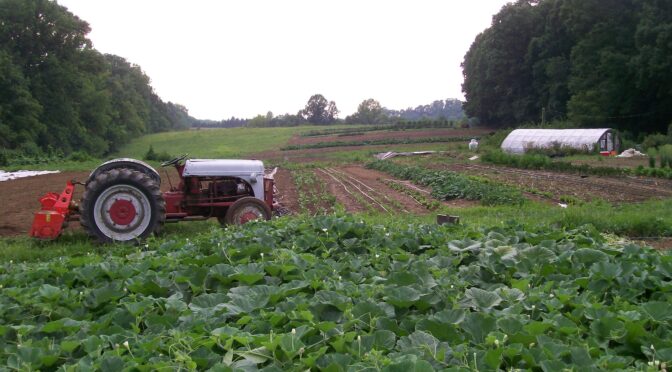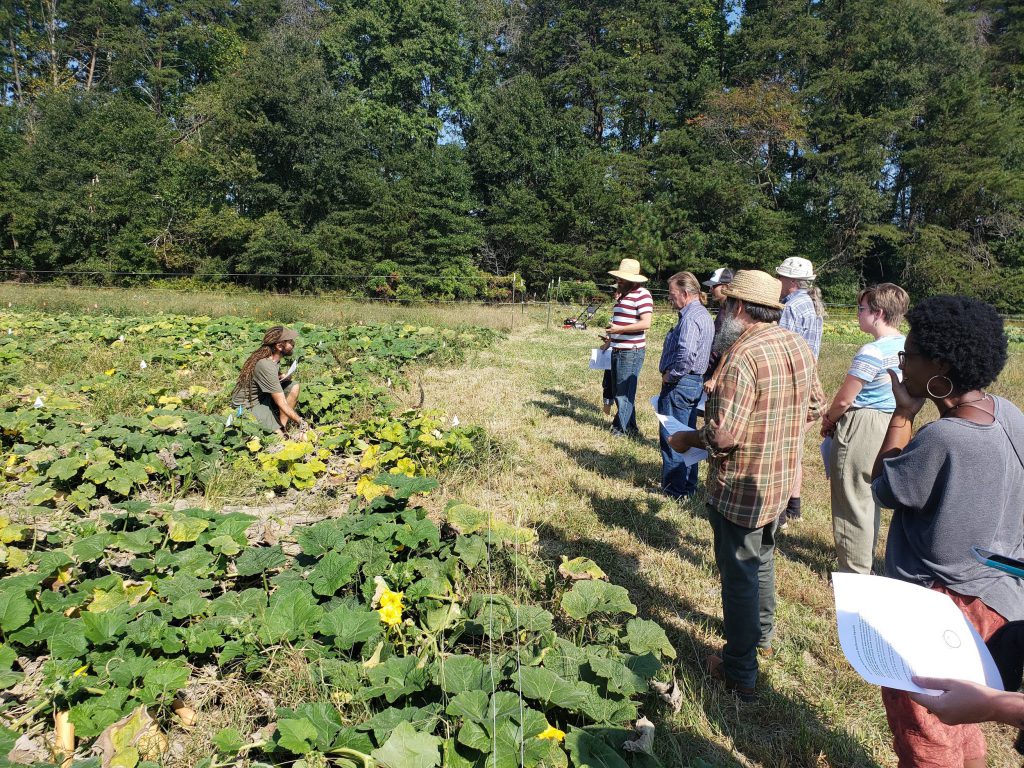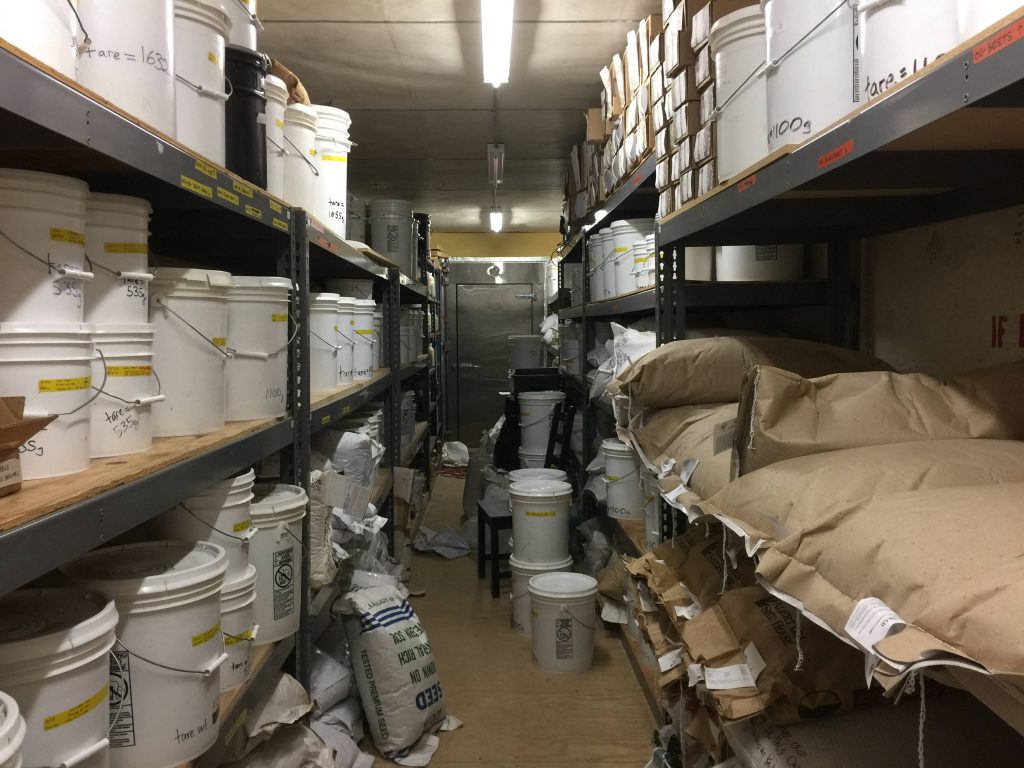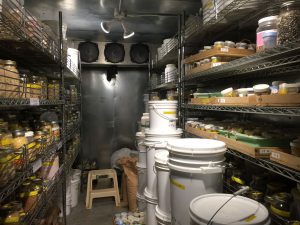This past summer, an unprecedented amount of people have felt the effects of climate change. There was flooding in the northeast, wildfires in Canada that spread smoke across the eastern United States, record-breaking summer temperatures, and varying weather patterns. While we can’t say definitely how climate change will affect our local area and business, we do know that we’re already seeing some changes. Here are a few ways climate change is currently affecting seed growers.
High Temperatures
Not long ago, scientists referred to climate change as global warming, as overall, we expect to see an increase in temperature. Today, we call it climate change, as this better represents the scope of changes that will be seen across the globe. However, higher-than-average temperatures are still expected to be part of this change. In the last few years here in Virginia, we’ve seen higher-than-average temperatures across all seasons, including a few record-breaking days.
Increased temperatures during winter may seem enjoyable, but they can also be problematic. Cold winters help to knock back certain pests and diseases. Additionally, some plants actually need a cold period or “cold vernalization.” While we can mimic this for some species by starting their seeds in a freezer or cooler, other plants, like hardneck garlic, need to be grown outdoors where there are consistently chilly temperatures.
High temperatures in spring, summer, and fall can also affect what plants we can grow seeds for or when we can grow them. Many cool weather-loving crops, like English shell peas, fail to produce well when temperatures are higher than average, meaning that we sometimes end up with less seed. High enough temperatures can also prevent crops from flowering or even kill some crops before they can go to seed.
They also affect how well plants are pollinated. If you’ve ever noticed more bees flying around your garden in July in the morning or evening rather than mid-day, it’s the heat. Many pollinators can’t move around and pollinate effectively in high temperatures.
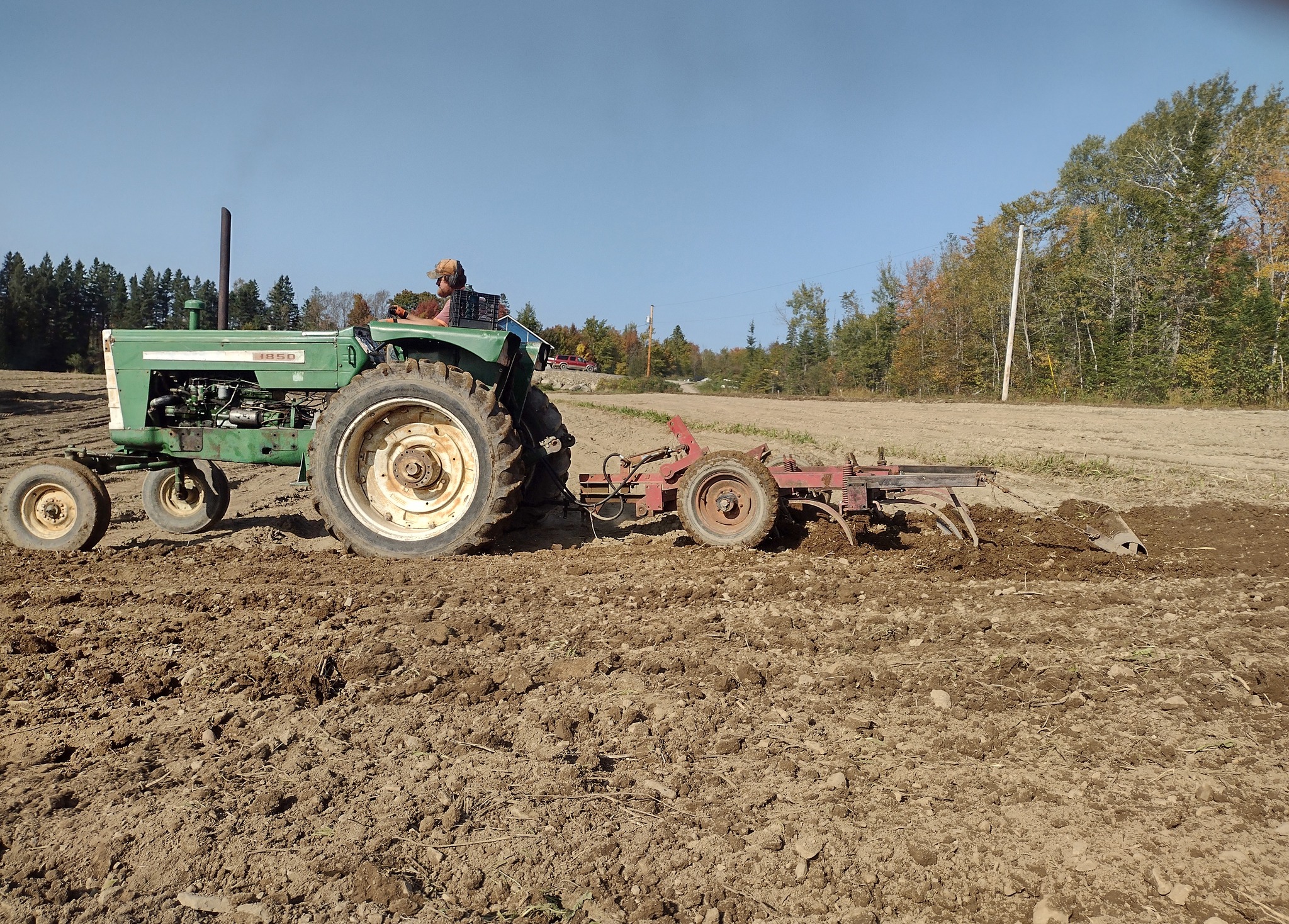
Increased Periods of Rain or Drought
While rain is a good thing, there is such a thing as too much of a good thing. Wet fields can spell trouble for farmers trying to get seed in on time. While you sometimes have plenty of wiggle room with crops you plan to harvest as fresh vegetables, crops that need to complete their entire lifecycle and mature seed often require the whole season.
Too much wet, humid weather can also cause trouble during the season too. Wet conditions can increase the occurrence of fungal diseases like powdery mildew. At the end of the season, like in July, August, and September, rain can cause issues again if it rains for long periods on seeds that need to dry out for harvesting.
In an article written by the Guardian, one of our Seed Growers, Jim Gerritsen, owner of the organic Wood Prairie Family Farm in Bridgewater, Maine, shared his experience with growing organic potatoes for seed over the last 40 years. He described how increased rain has lengthened his harvest time. Jim said, “You dig on a Monday. Then on Tuesday, you get an inch of rain, so you’re not digging,” he said. “You take Wednesday to dry out, and then you get back in the field on Thursday; then you get another half-inch rain on Friday. You’re not digging on Saturday because the ground [needs to] dry out, so maybe you don’t get back into the field until Monday.” He needs about 15 good dry days to harvest, but the increased fall rains he has been experiencing now mean those 15 days are often spread out over four or more weeks.4
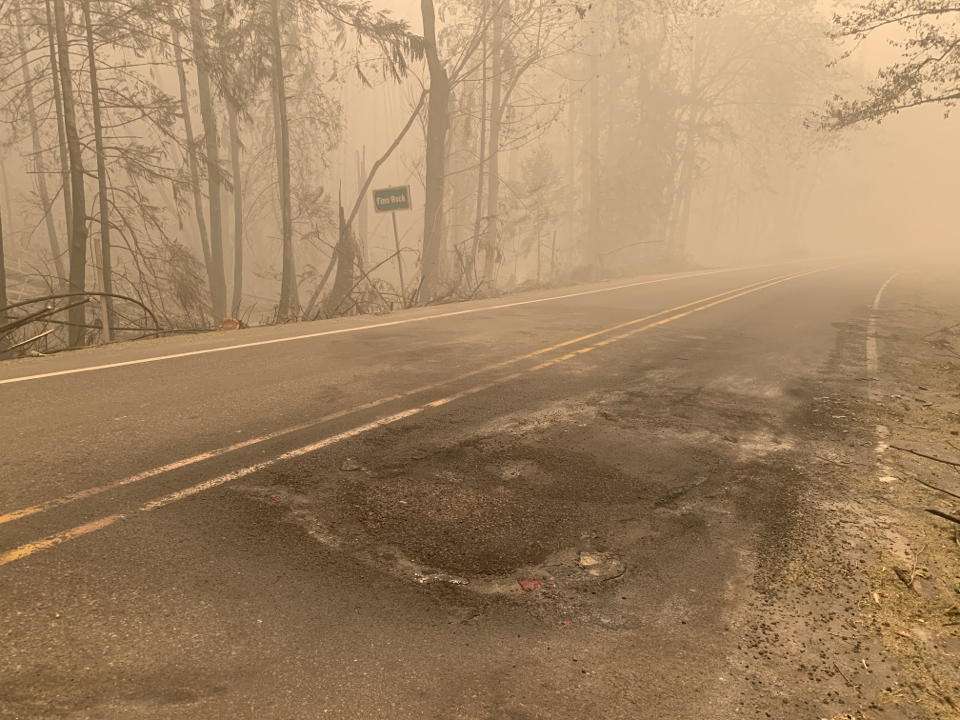
Crop Losses from Major Weather Events and Natural Disasters
While our first concern is always the people involved in these intense strategies, it’s important to note that they can profoundly impact seed growers and farmers. In the last few years, we’ve seen several growers experience or narrowly escape a total crop loss due to natural disasters like flooding, wildfires, and hurricanes.
Fires Near and Far
In an interview for Think Out Loud, Sarah Kleeger, the founder of Adaptive Seeds, talks about the tough decisions and work they had to put in when the Holiday Farm Fire approached within 10 miles of their farm in 2020.
She told Think Out Loud that when they knew it was time to evacuate, they took all their seeds with them, which took 8 to 10 pickup and trailer loads. They were allowed and continued to go back to the farm wearing respirators to harvest additional seeds. Thankfully, the farm escaped unscathed, but Sarah said it was an important learning experience about what they may need to do again in the future.3
As some of you may know, wildfires can also take a less sudden toll on crops. Smoke and ash in the sky can prevent crops from getting enough sunlight, causing slower growth. The ash and chemicals in the smoke can also clog plants’ stomata, making respiration and photosynthesis next to impossible.
Flooded Fields
Sadly, Hardwick Vermont’s Riverside Farm, an organic farm just miles from High Mowing Seeds, wasn’t so lucky. When record rainfalls hit Vermont early this summer, their fields, which they’ve been growing on for over 30 years, flooded entirely, and they experienced a total crop loss. Thankfully, the community that values this farm so much has stepped up to help them recover.
While these events may seem scattered, they’re happening with more frequency. While we’re glad both of these farms turned out okay, some may not survive losing an entire season of income. Losing just a single seed grower can also significantly impact small seed companies like SESE, Sow True Seed, High Mowing, or Fedco. This, in turn, affects the availability of seeds for gardeners and farmers and, ultimately, global food production.5
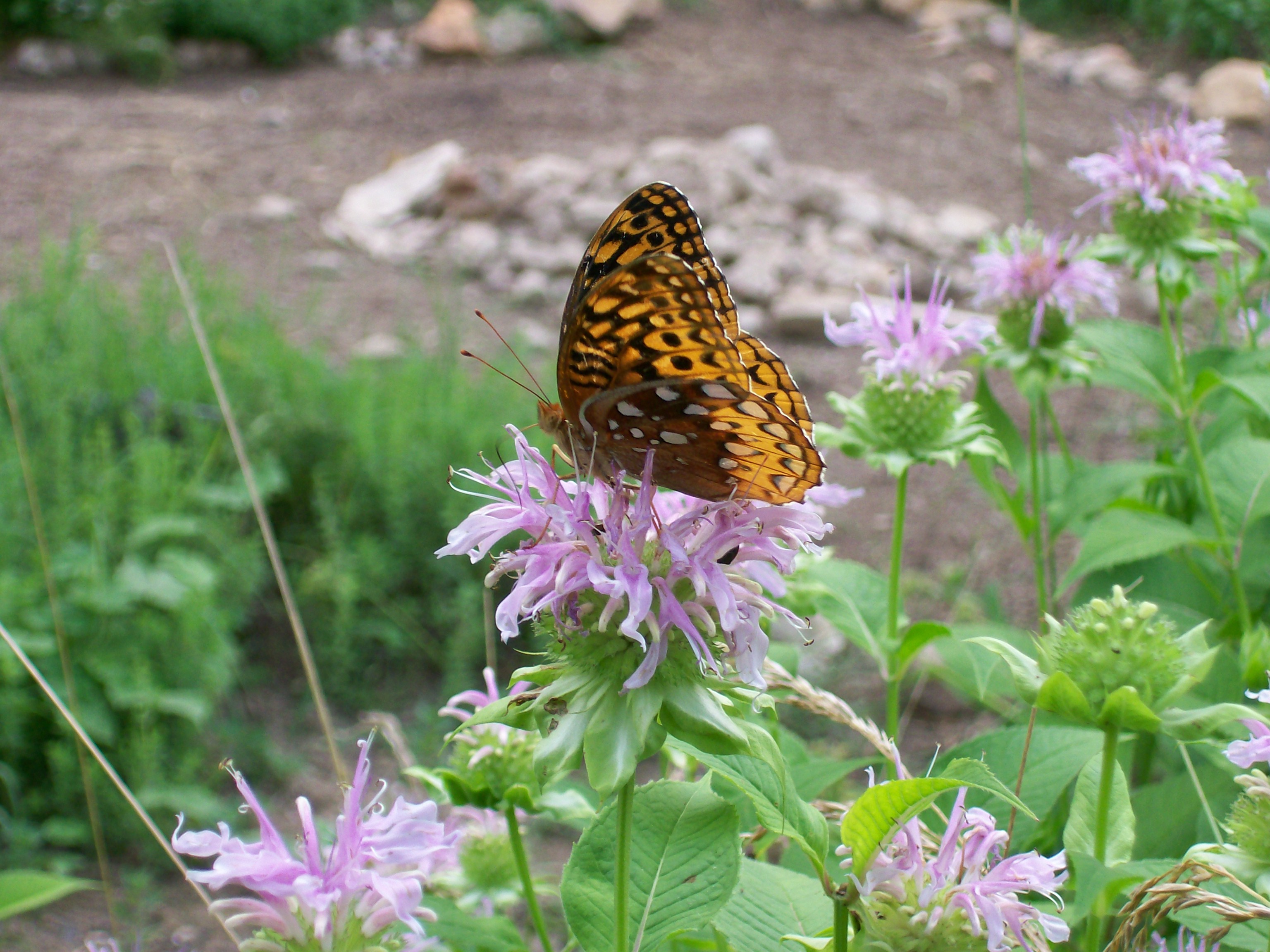 Changes for Native and Naturalized Species
Changes for Native and Naturalized Species
Climate change isn’t just impacting the species we grow in our gardens. It’s affecting the plants, fungi, insects, and animals that share these locations with us. As gardeners, we may find that different weeds are present in our gardens or that fewer birds are visiting our yards. So far, one of the most notable changes for gardeners has been the loss of many pollinators and beneficial insects.
Unfortunately, we can already see that climate change is quickly contributing to the decline of insects. Recent studies have shown that 41% of known insect species have declined steeply in the last decade.1 These species make up the basis of our ecosystems, and many are now facing extinction.
What Can We Do?
Reading about these issues can bring a sense of gloom and hopelessness, yet all is not lost. There are many things individuals can do to improve the plight of seeds.
Save Seed
As a gardener, one of the easiest and best things you can do is to save seed from at least one variety. When you save seed, you’re preserving genetic diversity and helping to adapt an open-pollinated variety to the changing conditions we face.6
Support Small Organizations
Small seed organizations need all the support they can get in these troubled times, and they deserve it, too. Many, like Adaptive Seeds, are working hard to adapt and breed varieties that will hold up well in this changing climate. That’s one of the reasons we’ve compiled a list of small seed companies on our website. Though not comprehensive, we’ve included seed growers from the United States’ northern, eastern, and western regions that support social justice causes, sustainability in farming and gardening, and saving your own seed.
Diversify What You Grow
If you cultivate a large plot, whether as a gardener, seed grower, or farmer, now is a great time to diversify. Growing a mix of crops will help lessen the blows when you have rough years with certain crops. Growing a diverse mix will help show you what varieties and traits are best performing in your changing area.
Start a Seed Library
Starting a seed library is an excellent idea if you’re up for some community involvement. In addition to preserving genetic diversity, seed libraries help to revitalize communities, improve food sovereignty, and help adapt seeds to a specific area. Read the Mother Earth News guide to get started with a seed library.2
Climate change is here whether everyone accepts it or not. It’s affecting our farmers and seed growers across the country. Recognizing these changes and doing our best to adapt and preserve seed will help us see a hopefully more stable future.
Resources
1. Daley, Jason. “Insects Are Dying Off at an Alarming Rate.” Smithsonian Magazine, 12 Feb. 2019, https://www.smithsonianmag.com/smart-news/study-shows-global-insect-populations-have-crashed-last-decade-180971474/
2. Conner, Cindy. “How to Start a Seed Library.” Mother Earth News, 18 Aug. 2016. https://www.motherearthnews.com/organic-gardening/seed-libraries-ze0z1608zfol/
3. Hernandez, Rolie. “Climate change affects seed growers.” Oregon Public Broadcasting, 15 Oct. 2021, https://www.opb.org/article/2021/10/15/climate-change-affects-seed-growers/#:~:text=Drought, extreme heat and smoke,and entire losses of crops.
4. Nargi, Lela. “‘No normal seasons any more’: seed farmers struggle amid the climate crisis.” The Guardian, 16 Oct. 2023. https://www.theguardian.com/environment/2023/oct/16/seed-farmers-climate-change
5. Singh, Rishi P, et al. “Impacts of Changing Climate and Climate Variability on Seed Production and Seed Industry.” Science Direct, Birsa Agriculture University, 19 Dec. 2012, www.sciencedirect.com/science/article/abs/pii/B9780124059429000025
6. Van Eendenburg , Hannah. “Seed Saving at the Front Lines of the Climate Crisis.” Green America, greenamerica.org/story/seed-saving-front-lines-climate-crisis. Accessed 1 Nov. 2023.

